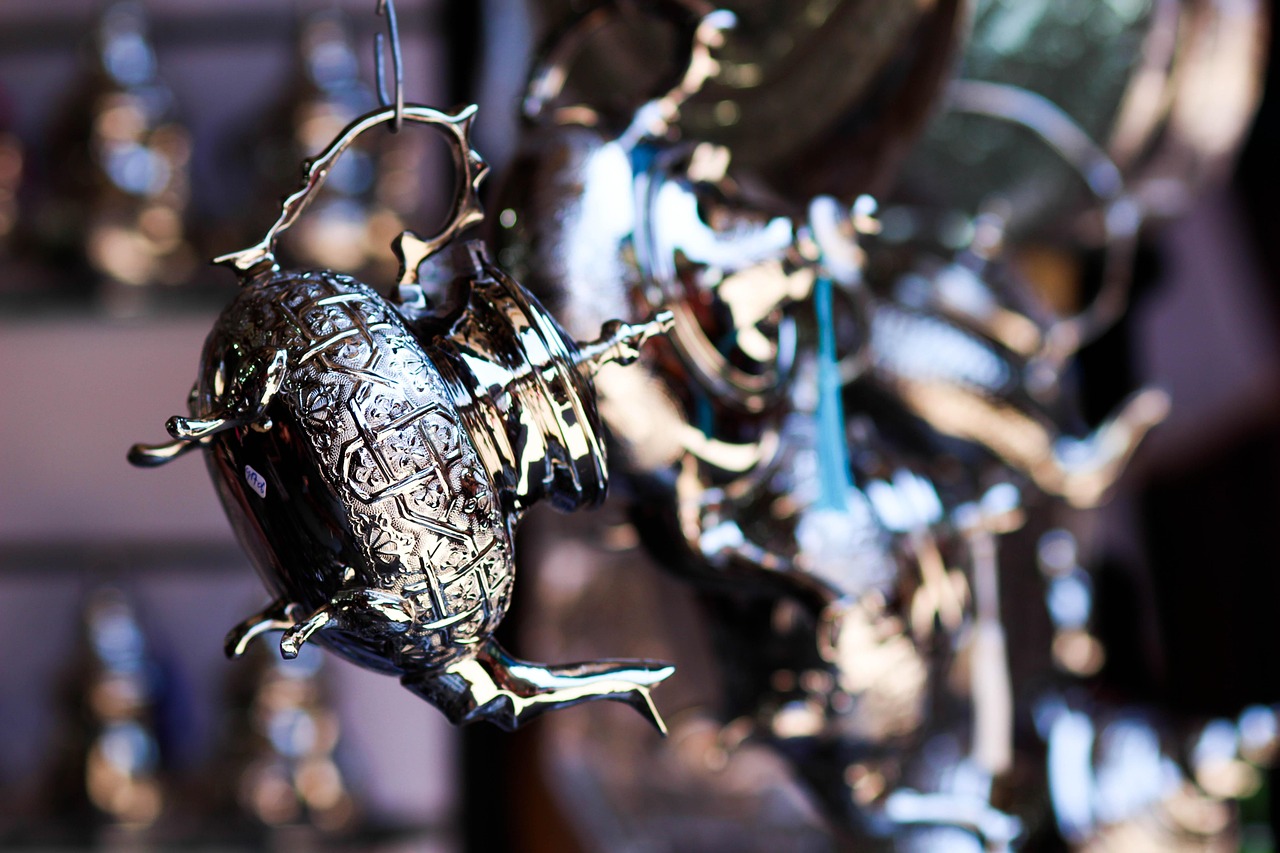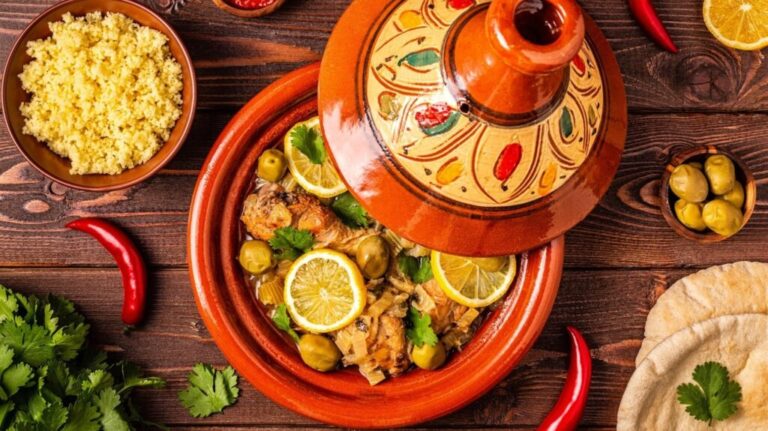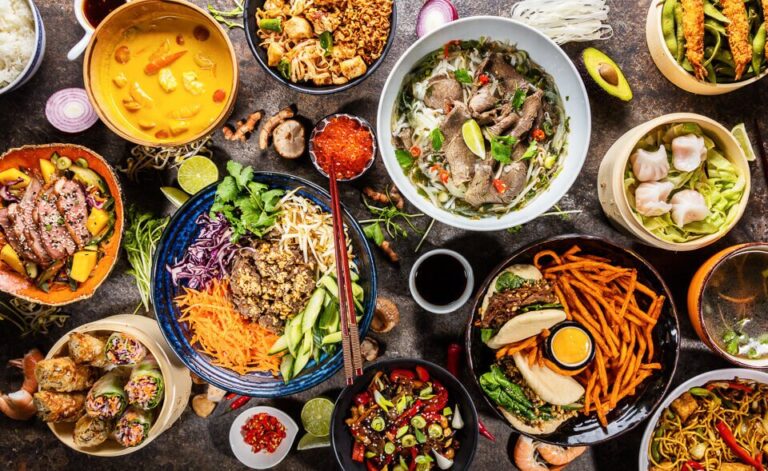The Art of Moroccan Hospitality
Here’s the reorganized article on Moroccan Hospitality, complete with a concise summary and clear H2, H3, and H4 headings, fully cited from diverse, high-quality sources Visit Morocco. This guide ensures that the focus keyword appears strategically throughout the content to optimize SEO and reader engagement Visit Morocco Visit Morocco.
Table of Contents
Summary
This guide unpacks Moroccan hospitality as an art form, from the ceremonial mint tea welcome to communal tagine feasts and spontaneous home visits. You’ll learn how the Atay Naa Naa ritual symbolizes generosity, why shoes are removed at the door, how khobz doubles as both utensil and unifier at the table, and how unannounced guests reinforce communal bonds. Each section offers practical insights and etiquette tips, backed by authoritative external resources.
Embracing Guests with Open Arms
Moroccan hospitality begins the moment a visitor crosses the threshold, when the host offers a hot cup of mint tea—atay—as a sign of sincere welcome (La Via del Tè). The tea is prepared in a berrad teapot using Chinese Gunpowder green tea, fresh spearmint, and generous sugar, with the first infusion rinsing the leaves and subsequent steeps brewed to perfection—an expression of the host’s care (Original Travels Co). Guests traditionally refill their own glasses in a gesture that symbolizes equality and mutual respect between host and visitor (Maison NANA1807).
The Mint Tea Ceremony: A Symbol of Friendship
Known locally as Atay Naa Naa, the mint tea pouring ritual isn’t merely about flavor but about forging social and business connections (La Via del Tè). Tea is poured from a height into small glasses to aerate the brew and create a frothy crown—a visual promise of generosity and goodwill (Original Travels Co). For a detailed how-to, see our internal post on Tea Traditions and the Palais Amani tea ceremony overview (Villa Atika Marrakech).
Etiquette Essentials for Guests
Upon entering a Moroccan home, it’s polite to remove your shoes—sometimes offered slippers are provided—to maintain the ritual purity of the living space (Frommer’s). Guests should arrive empty-handed or with simple tokens like pastries or yogurt for children; bringing a prepared dish is generally discouraged, as potluck isn’t customary (journeybeyondtravel.com).
Communal Dining and Shared Plates
Shared meals are at the heart of Moroccan hospitality, with family and friends gathering around low tables to sample dishes directly from communal pots (Tarte Tatin Tales).
The Tagine Table: Unity Through Flavor
Tagine, named for the conical clay pot in which it’s cooked, embodies communal dining—everyone dips khobz into the stew rather than using individual utensils (travel-exploration.com). Classic versions include Lamb Mrouzia with honey and raisins and Chicken with Preserved Lemons, both showcasing the spice-laden depth of Moroccan cuisine (Serious Eats).
Bread as a Unifier
Moroccan khobz is more than an accompaniment; it doubles as a utensil for scooping stews, salads, and dips, reinforcing the shared-plate experience and eliminating physical barriers between diners (MarocMama). Khobz’s communal use echoes the deeper ethos of unity and generosity in Moroccan culture.
Spontaneity and Community Bonds
Moroccan hospitality extends beyond formal invitations—friends and neighbors often arrive unannounced, confident they’ll be welcomed warmly with tea and conversation (CROSSROADS CULTURAL EXCHANGE).
Unannounced Visits: A Cultural Norm
Dropping by without prior notice is common and reinforces a sense of communal responsibility; hosts view it not as an imposition but as an opportunity to strengthen social ties (Tuljak! Travel Blog).
Sustaining Traditions in Modern Times
Despite urbanization and fast-paced lifestyles, many families—from rural riads to city apartments—still honor these time-tested hospitality rituals. To explore contemporary hosting practices, visit the VisitMorocco authentic hospitality page (Villa Atika Marrakech).
External Resources
- Detailed tea ceremony steps at La Via del Tè (La Via del Tè)
- Modern etiquette tips on Frommers (Frommer’s)
- Insights into communal dining on Tarte Tatin Tales (Tarte Tatin Tales)
- Bread traditions from MarocMama (MarocMama)
- Cultural overview at Original Travels Co. (Original Travels Co)





